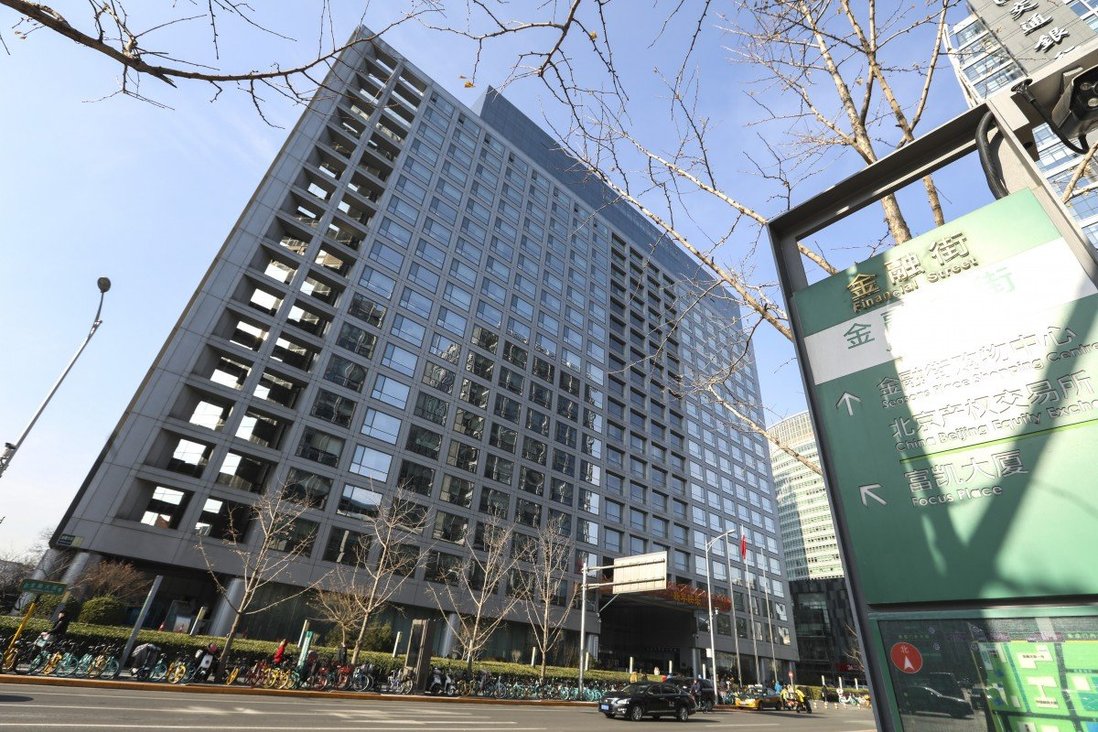Ye Fei stocks scandal shows why China must encourage whistle-blowers
Wang Xiangwei, 22 May 2021
 For an outsider to understand China’s A-share stock markets, which are dominated by retail investors and thus known for high levels of market turnover and volatility, learning about harvesting chives and stir-frying methods in Chinese cookery would help a great deal. By official counts, there are more than 180 million mostly small investors who, driven by rumours, trade in and out of positions very frequently, contributing to wild fluctuations. The trading pattern is known as chao, the Chinese term for a method of stir-frying meat or vegetables rapidly in a wok at high heat.
For an outsider to understand China’s A-share stock markets, which are dominated by retail investors and thus known for high levels of market turnover and volatility, learning about harvesting chives and stir-frying methods in Chinese cookery would help a great deal. By official counts, there are more than 180 million mostly small investors who, driven by rumours, trade in and out of positions very frequently, contributing to wild fluctuations. The trading pattern is known as chao, the Chinese term for a method of stir-frying meat or vegetables rapidly in a wok at high heat.
This method of trading makes suckers out of many, who are compared to chives. Easy to grow and known as a culinary delicacy across China, chives are a hardy perennial plant which return every year after being harvested. The phrase Ge Jiu Cai or “harvesting chives” is a way of saying that as one group of investors falls prey to rampant securities frauds, another group always steps up.
It is an open secret that retail investors are often harvested like chives by unscrupulous brokers and fund managers but securities frauds are harder to prove and nail without the help of whistle-blowers.
That explains why over the past two weeks, one of the hottest topics in the Chinese stock markets involved Ye Fei, a controversial private equity manager and an online influencer, who took to Weibo, the Chinese equivalent of Twitter, to allege that at least 18 stocks were being manipulated by listed companies, private equity funds, publicly offered funds, brokers, and proxy holders.

 China’s stock market regulator has started an investigation into alleged price manipulation, vowing to crack down on illegal activities to protect the nation’s 180 million mainly retail investors.
China’s stock market regulator has started an investigation into alleged price manipulation, vowing to crack down on illegal activities to protect the nation’s 180 million mainly retail investors.